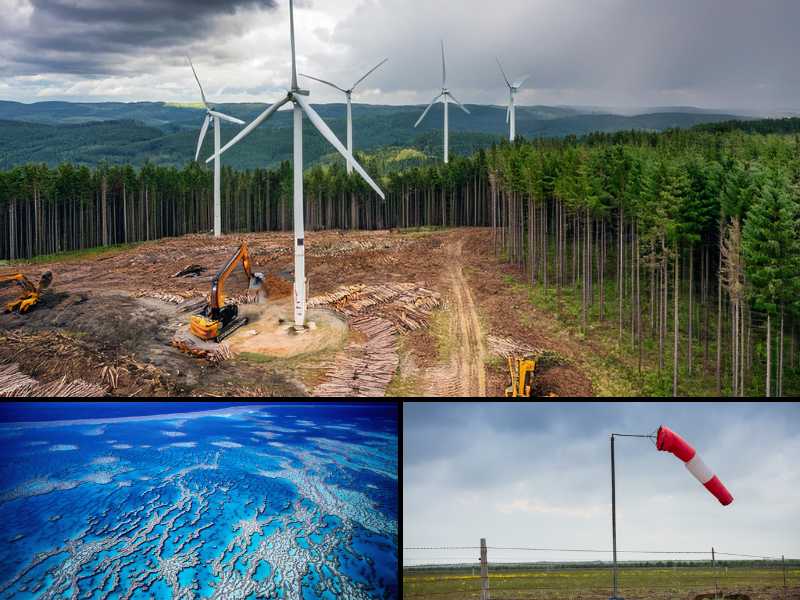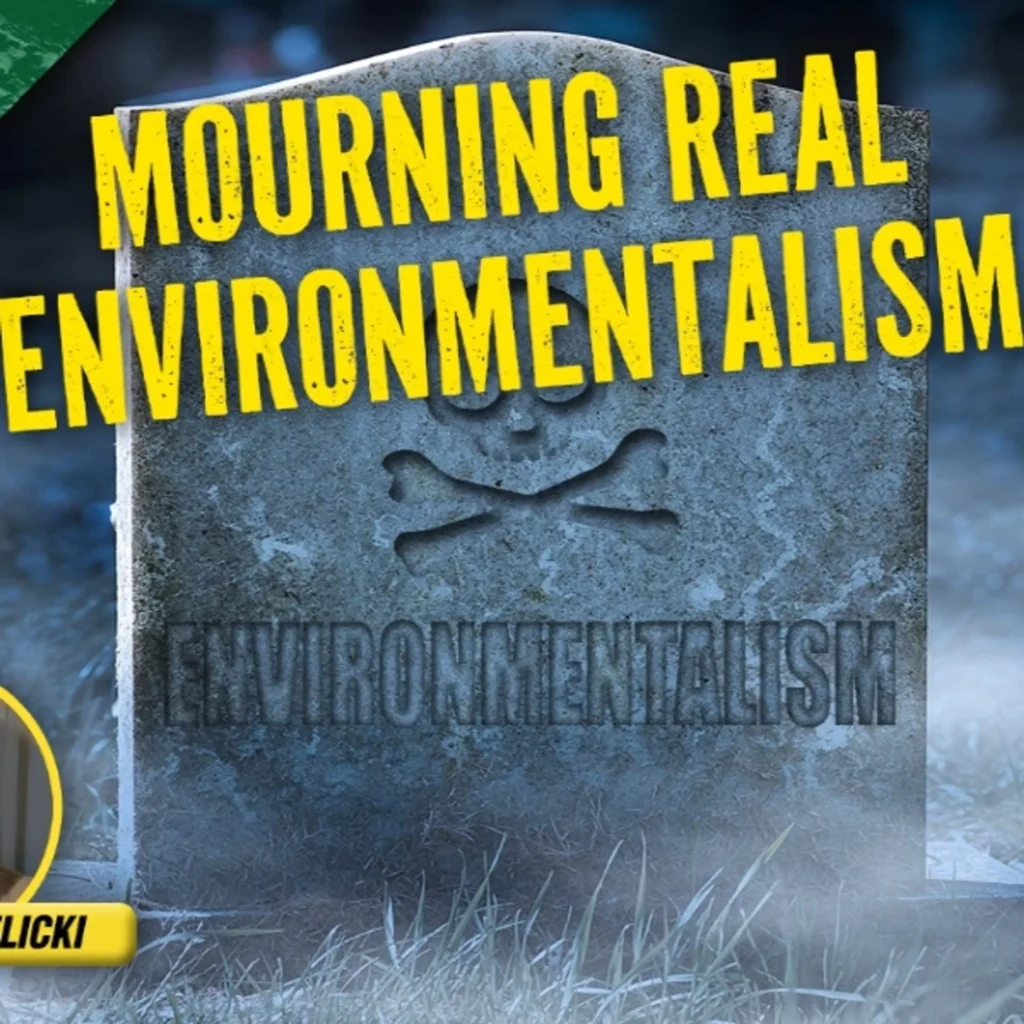More than 200 countries attended the United Nations’ 20th Conference of the Parties to the 1992 Framework Convention on Climate Change in December in Lima, Peru, producing a global pact to reduce CO2 and other greenhouse gas emission purportedly causing global warming.
Negotiators from each nation drafted an accord, in which every country, developed or not, agrees to reduce or cap greenhouse gas emissions, primarily from fossil fuels, the sources of energy environmentalists claim are main triggers of human-induced climate change.
Marc Morano, publisher of Climate Depot and former staff member of the U.S. Senate Environment and Public Works Committee, described the climate change conference as “another summit that kicks the can down the road.”
“The UN is first and foremost political, and they have bastardized science to achieve a political end,” Morano said.
Nonbinding Treaty ‘Farce’
Unlike the 1997 Kyoto Protocol, in which industrial countries entered into a binding treaty to reduce their carbon-dioxide emissions by a collective 5.5 percent between 2008 and 2012, the Lima Accord is not binding in any way.
Each country is expected to put forth a plan by March 31, detailing the domestic policies it will enact to achieve reducing carbon dioxide emissions. These plans are known within the UN as “Intended Nationally Determined Contributions” and will be the basis for a sweeping new deal to be signed in Paris in December 2015.
Any countries that fail to submit their plans on time are expected to submit them by June. However, there are no punishments, sanctions, or legal recourse to be taken if a nation fails to submit a plan. Instead, the entire deal relies on global peer pressure and condemnation.
“A nonbinding agreement that relies on ‘peer pressure’ isn’t worth the paper it’s written on. Absolutely nothing. Current leaders cannot make promises or pledges that deal with many decades in the future and expect any of the pledges to become reality. The whole process in its current incarnation is a farce,” Morano said.
Concern for Developing Nations
Morano predicts countries will put forth plans that fit their own economies and domestic policies, instead of following parameters handed down by the richest nations. Although plans are supposed to be suited to fit each individual country’s abilities, Morano questions whether developing countries should follow through by restricting their use of the most reliable forms of energy—oil, gas, and coal.
“The developing nations are not set up to reduce [use of] lifesaving oil, gas, and coal. People in the developing world need carbon-based energy. It has been one of the greatest liberators of mankind in the history of our planet. It brought us long life expectancy and low infant mortality,” he said. “For fears of manmade climate change to limit the poverty-stricken nations’ development is immoral. We should be here to praise carbon based energy.”




